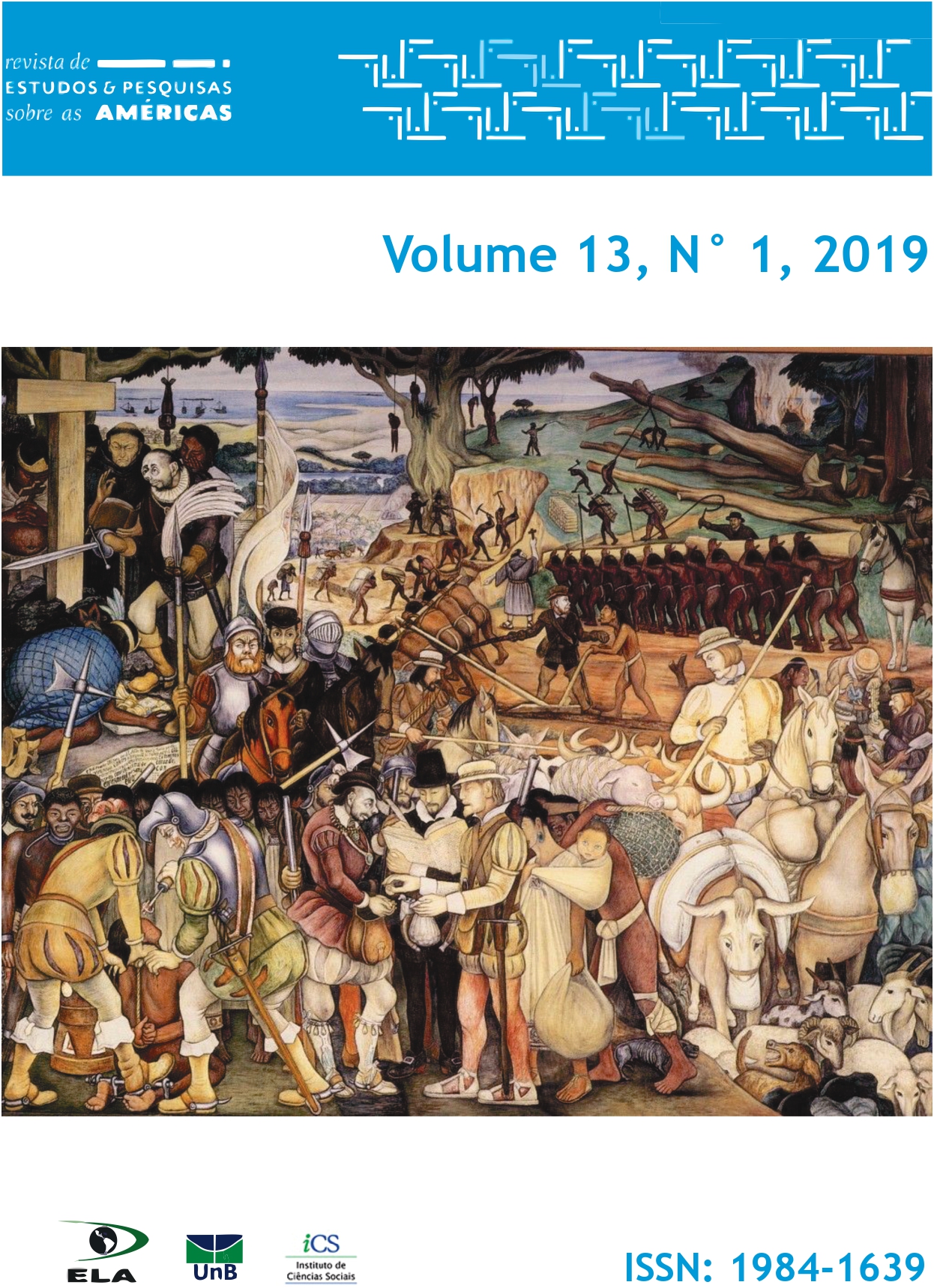African Migrations in Argentina and Malta. An approximation to his study in a comparative key
DOI:
https://doi.org/10.21057/10.21057/repamv13n1.2019.24295Keywords:
African migration- Malta- Senegal- Argentina- Transnational networksAbstract
The objective of the paper is to explore in a comparative way the migratory dynamics of the population from sub-Saharan Africa to Argentina and Malta between 2010 and 2018. The choice of both countries is due to the fact that they share historical characteristics as both receiving and expelling countries. population, with relatively recent and minority African migrations; but that they have acquired great notoriety due to their presence in the main urban centers.
To carry out the work, I use statistical sources, as well as semi-structured interviews and observations of sub-Saharan African migrants and members of NGOs working on migration issues, both in Malta and Argentina.
The comparison between both countries centered on the movement of the Senegalese collective in particular, has allowed us to observe common circulation dynamics to which I have called multiple mobilities, to refer to the various stages that comprise their movements, which include intracontinental, extracontinental and internal flows, following commercial routes facilitated by community networks.
Downloads
Downloads
Published
How to Cite
Issue
Section
License
The published material is the property of the Journal, and may be reproduced in whole or in part with indication of the source.
Copyright: Authors will be responsible for obtaining the copyright of the material used. Authors who publish in this journal agree to the following terms:
a)Authors retain the copyright and grant the journal the right of first publication, with the work simultaneously licensed under
the Creative Commons Attribution License which allows the sharing of work with acknowledgment of authorship and initial publication in this journal.
b) Authors are authorized to take additional contracts separately, for non-exclusive distribution of the version of the work published in this journal (eg, publish in institutional repository or as a book chapter), with acknowledgment of authorship and initial publication in this journal.
c) Authors are allowed and encouraged to publish and distribute their work online (eg in institutional repositories or on their personal page) at any point before or during the editorial process, as this can generate productive changes as well as increase the impact and the citation of the published work (See The Effect of Free Access).
















